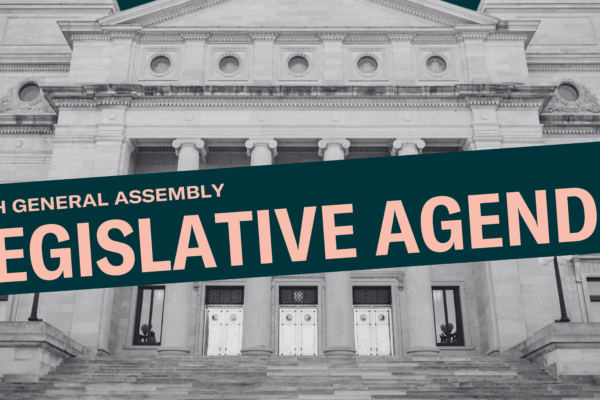How a Bill Becomes a Law in Arkansas
In Arkansas, the legislative process transforms an idea into law through a structured series of steps. Understanding this process is essential for active civic engagement and effective advocacy. Below, we outline how a bill progresses from its introduction to potential enactment.
1. Introduction and Committee Review
A bill is introduced by a lawmaker and read for the first time in its respective chamber, either the House or the Senate. Immediately following the first reading, the bill is referred to a relevant committee. Lawmakers often collaborate with think tanks, organizations, and constituents to draft bills.
2. Committee Deliberation
Committees evaluate the bills assigned to them. They may approve, amend, or refer a bill to a subcommittee for more detailed discussion. Bills that gain a majority vote in the committee are then favorably reported, receive a second reading, and are placed on the regular calendar. Bills failing to secure a majority are generally considered dead.
3. Floor Debate
Bills are queued on the calendar as reported from the committees. The Rules Committee may expedite a bill's consideration by placing it on the Special Order Calendar. When a bill is called up on the calendar, it undergoes its third reading, during which the entire chamber reviews, debates, and can propose amendments.
4. Chamber Vote
Following the debate and amendment process, the bill is put to a vote. Approval requires a simple majority (51%) of those present in the chamber.
5. Second Chamber Review
The process repeats in the other chamber. If amendments are made, the bill returns to its chamber of origin for approval. Both chambers must agree on an identical version of the bill for it to proceed.
6. Governor's Decision
Once both chambers pass the bill, it is sent to the Governor, who can sign it into law or veto it. A veto can be overridden by a simple majority vote in both chambers.
How You Can Participate
Before a Bill is Introduced
- Research issues and familiarize yourself with your legislators.
- Engage with local special interest groups to understand their positions on upcoming bills.
- Advocate for the introduction of bills on important issues through discussions, online sharing, and media engagement.
- Regularly check the Arkansas legislature's website for updates on bills and daily calendars.
While a Bill is in Committee
- Contact committee members to express your support, opposition, or suggest amendments.
- Mobilize others to reach out to committee members.
- Attend and testify at public hearings, especially if you have relevant personal experiences. Ensure to request a public hearing through the committee chair in advance.
When a Bill is Debated on the Floor
- Encourage your legislator to support, oppose, or amend the bill through calls, emails, and social media.
- Publicize your views through social media posts and letters to the editor.
When a Bill Reaches the Governor
- Contact the Governor's office to advocate for signing or vetoing the bill.
- Leverage relationships with others who might influence the Governor's decision.
- If you don't get the outcome you're hoping for, remain proactive and positive. Enacting meaningful legislation often requires persistence and time.


